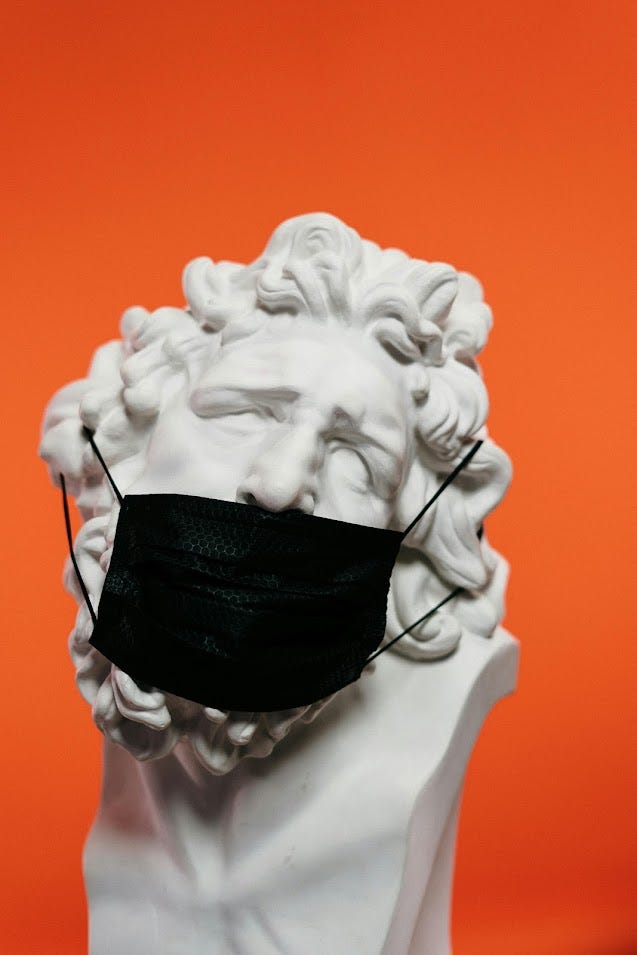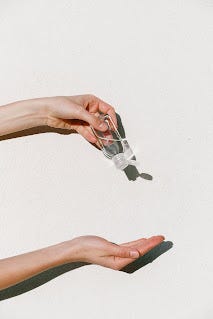It’s needless to say hygiene is extremely important in general, that being said airline travel is not exactly the most hygienic part of the journey. In fact, many airlines we travel on are not hygienic. Even after strict guidelines were passed after the COVID, we still are yet to see their implementation.
According to a UK study, many bacteria that are injurious to human health are found in seat pockets, hand rests and toilets, and there is a high probability that you might get sick if you don’t take proper measures.
That being said not all is lost when it comes to a more hygienic or more sanitary travel experience. Turkish Airlines Office in Atlanta to ensure that we all have a clean flight but we will talk about it later. First, let’s look at what we can do in order to stay clean and stay safe during our travel.
Things you can do for preventive measures

Wash your hands regularly

Hand washing on a regular basis is an easy yet very powerful way to keep yourself healthy and hygienic. It entails giving your hands a thorough cleansing with soap and water to help get rid of any dirt, bacteria, or viruses you may have come into touch with during the day. Frequent hand washing can help lower your risk of infection and stop the spread of common illnesses including the flu, the common cold, and gastrointestinal disorders. This is especially important before eating, after using the restroom, and after touching frequently used surfaces. Handwashing is an essential practice that is crucial to both personal and public hygiene since it safeguards not only your own health but also the health of people around you.
Use Sanitizer with 60% or more alcohol

While you may have heard this uncountable times that use sanitizer in the COVID, it is important to carry one even without COVID. When you buy one then be sure that the alcohol content in the sanitizer is high, a good quantity is more than 60 percent. This is because if it is below 60% then it will not kill many bacteria that might be harmful to your health.
For on-the-go hand hygiene, hand sanitizers with 60% or more alcohol are an extremely efficient substitute for soap and water. Ethyl alcohol or isopropyl alcohol, which are powerful chemicals that kill bacteria and viruses, are present in these sanitizers. When used properly, they can help stop the spread of illnesses by rapidly lowering the amount of bacteria on your hands. To use, just liberally coat the palm of one hand with sanitizer and rub your hands together, covering all surfaces, including the spaces between your fingers and the area beneath your nails, until your hands are completely dry. Even when soap and water aren’t available, you can still practice proper hand hygiene by using a hand sanitizer that has at least 60% alcohol when soap and water are not readily available.
Use sanitizing wipes to clean your space

The majority of the risk that you have in getting sick is when your space ie your seats, armrests, and seat pockets are not clean. To avoid this you can use sanitizing wipes to clean them. They contain chemicals harmful to bacteria, thus cleaning the majority of the area that you will utilize when you are flying.
Maintaining a hygienic atmosphere can be easy and efficient with the help of sanitizing wipes. Pre-moistened with a disinfectant solution, these wipes are capable of eliminating a broad spectrum of bacteria, viruses, and other pathogens from surfaces. They are ideal for rapidly disinfecting and cleaning high-touch surfaces like worktops, light switches, doorknobs, and keyboards. To ensure maximum disinfection, all you have to do is use a wipe from the container to thoroughly wipe down the surface, making sure it remains visibly wet for the duration indicated on the product label. Sanitizing wipes is especially helpful in stopping the spread of germs in homes, workplaces, and classrooms, making these environments safer and healthier for everyone.
Wear mask

It is imperative to wear a mask to minimize the spread of respiratory diseases, such as COVID-19 viruses. Respiratory droplets are released when someone talks, coughs, or sneezes. Masks serve as a barrier to help keep these droplets from getting to other people. You protect those around you when you wear a mask, especially in confined or crowded areas where it can be difficult to maintain social distance. Several different kinds of masks provide varying degrees of protection, such as N95 respirators, surgical masks, and cotton masks. A mask must completely enclose the lips and nose to be effective. Wearing a mask considerably improves public health and safety when paired with other preventative measures like handwashing and physical separation.

